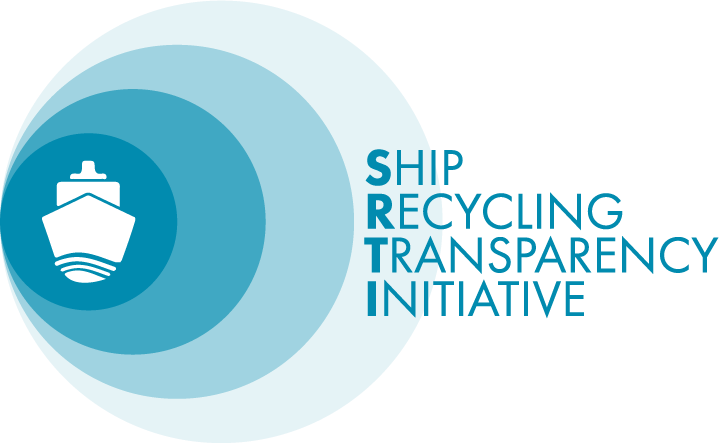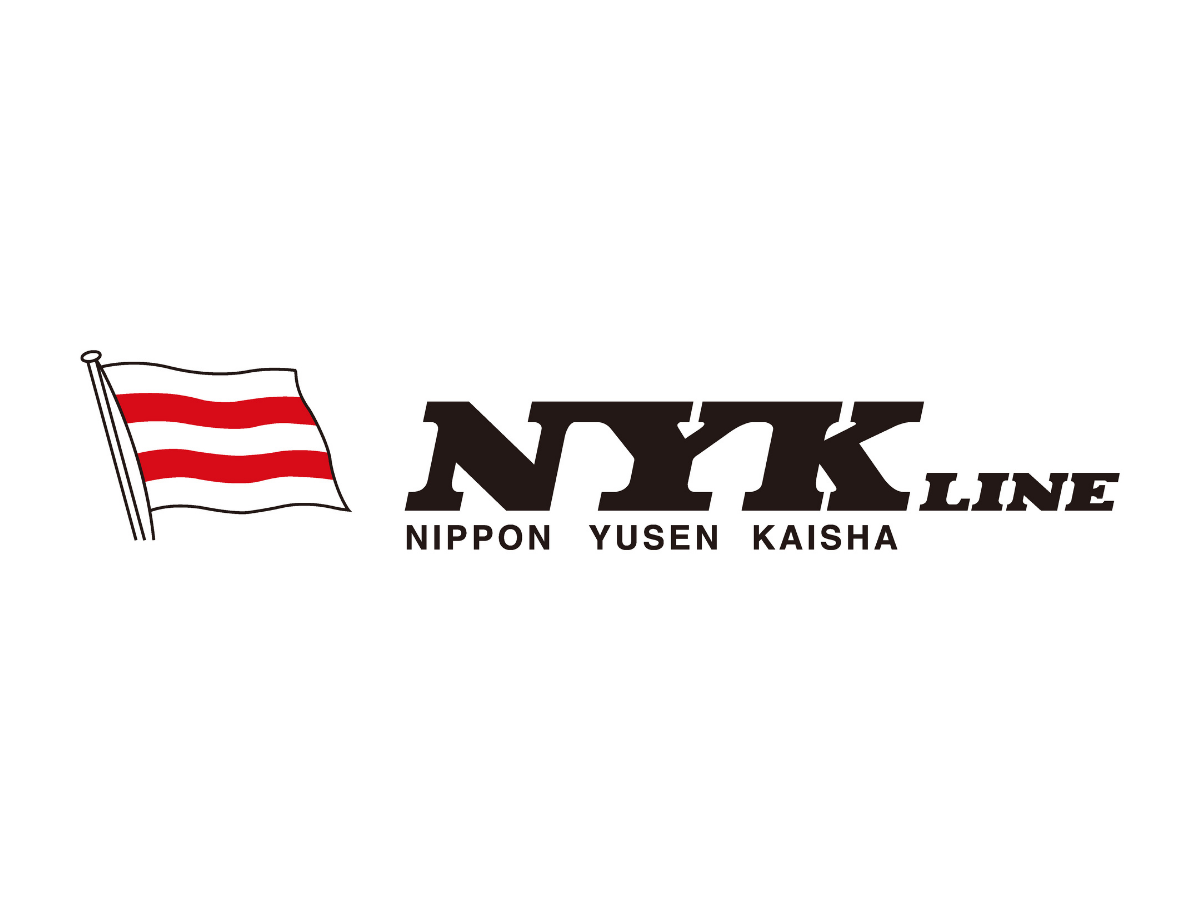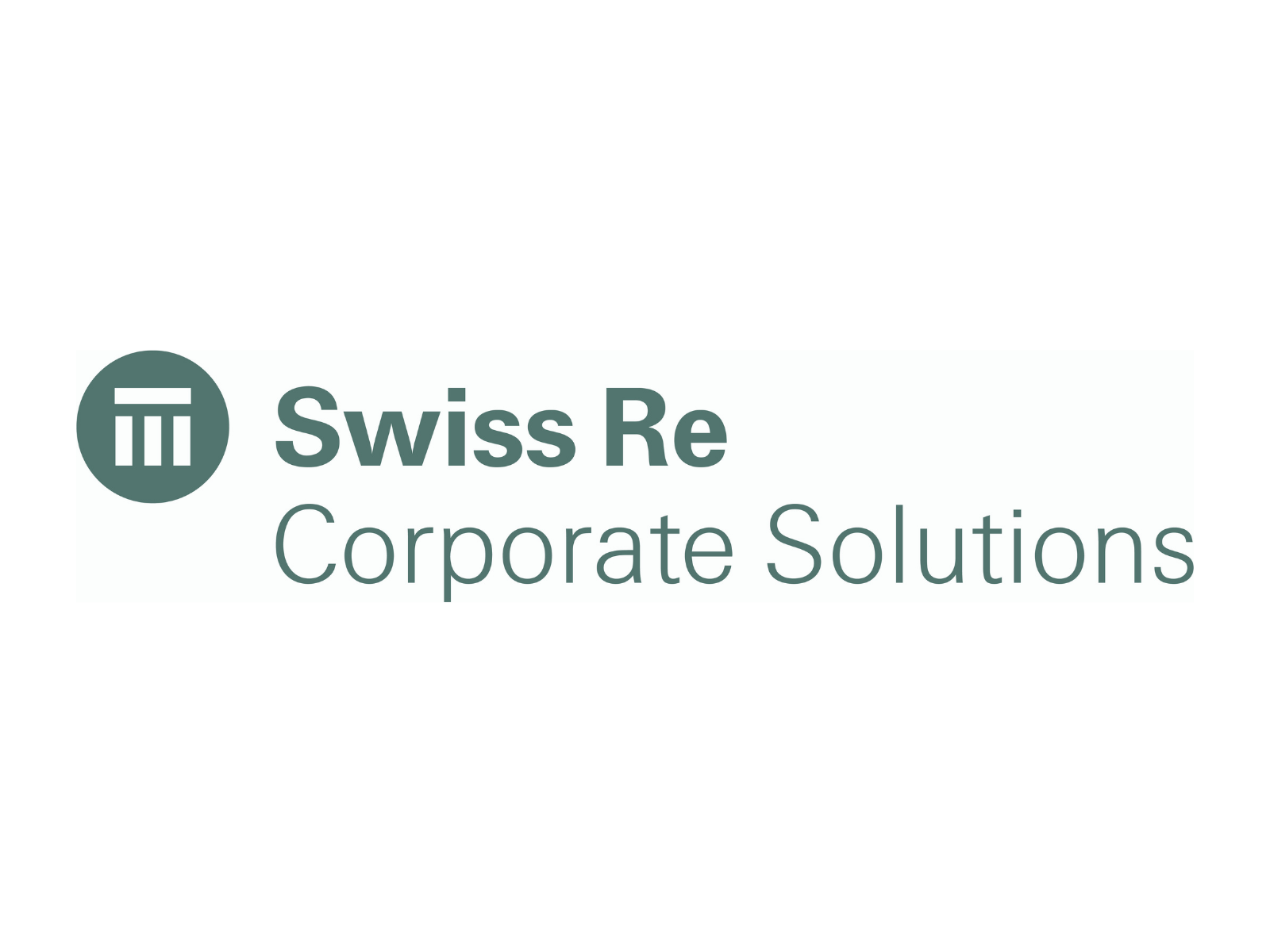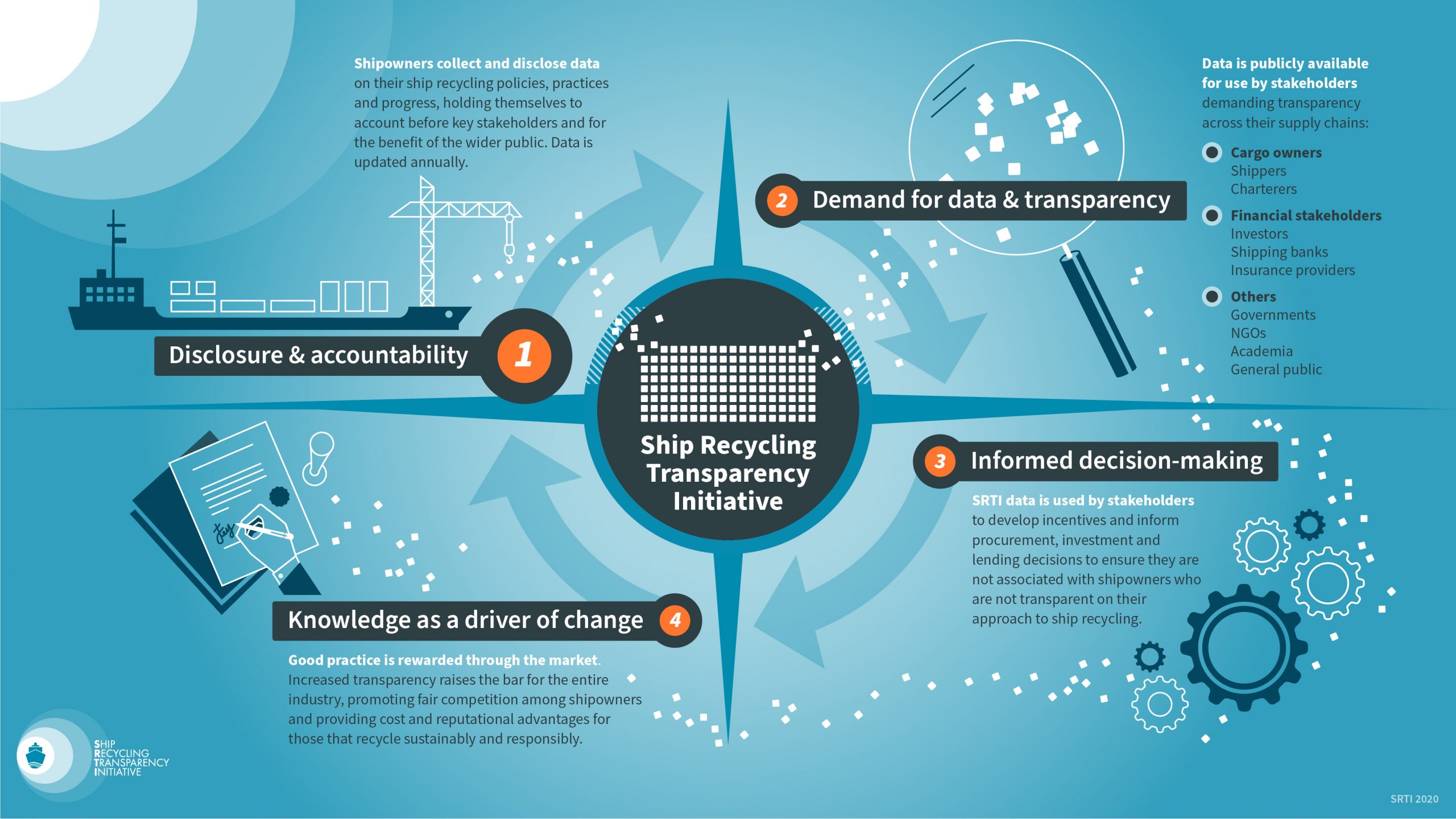NYK Line discloses ship recycling policies and practices via the Ship Recycling Transparency Initiative
London/Tokyo, 11 May 2021 – NYK Line has become a signatory of the Ship Recycling Transparency Initiative (SRTI) and becomes the 12th shipowner to publicly disclose its approach to ship recycling through the SRTI online platform.
“The NYK Group places environmental, social, and governance (ESG) factors at the centre of its business management. Through the SRTI, NYK can provide transparency in ship recycling, which we believe we can bring about improvements and influence needed. We are committed to promoting and contributing to raising standards of safety and sustainability. Reflecting our basic philosophy of “Bringing value to life,” the NYK Group will continue to fulfil the expectations of society.” says Hitoshi Nagasawa, President and Chief Executive Officer of NYK Line.
Headquartered in Tokyo and operating 777 major ocean vessels, NYK joins industry peers in making its ship recycling policies and practices publicly available and demonstrating its commitment toward transparency and accountability on environmental and social issues.
“We are glad to welcome NYK to the SRTI community and are encouraged to see momentum continue to build behind the importance of transparency and accountability on sustainability challenges such as ship recycling,” says Andrew Stephens, Executive Director of the Ship Recycling Transparency Initiative. “Shipowners like NYK are holding themselves to account before key stakeholders, making ship recycling data available for interested parties to review, scrutinise, and use to make informed decisions.”
NYK’s disclosure brings the total number of signatories to 28. The company’s disclosure can be viewed via the SRTI platform.
– ENDS –
Notes to Editors:
For more information, interviews or comment please contact Elizabeth Petit, Head of Communications, Sustainable Shipping Initiative (e.petit@sustainableshipping.org) or NYK’s Media Relations Team (NYKJP.ML.MEDIA@nykgroup.com).
About the Ship Recycling Transparency Initiative (SRTI)
The Ship Recycling Transparency Initiative (SRTI) is an independent initiative hosted by the Sustainable Shipping Initiative. It reflects a collective effort that brings together the shipping industry, investors, cargo owners and broader stakeholders to improve ship recycling policy, practice and performance. The SRTI adopts a voluntary market-driven approach to sustainable ship recycling practices. As an online platform, it promotes exchange of information on ship recycling practices and guidelines, and helps ensure greater transparency in the maritime sector.
To learn more, view and download the SRTI Theory of Change infographic; or explore the data.
www.shiprecyclingtransparency.org
Follow us on LinkedIn and Twitter (@SustShipping)
#ShipRecyclingTransparency
#ShipRecycling
About NYK
Nippon Yusen Kabushiki Kaisha (NYK) was founded in 1885 and is one of the world’s leading transportation companies. At the end of March 2020, the NYK Group was operating 784 major ocean vessels, as well as fleets of planes and trucks. The company’s shipping fleet includes 361 bulk carriers, 111 car carriers, 58 containerships (including semi-containerships), 78 LNG carriers (including those owned by equity method affiliates), 56 tankers, 43 wood-chip carriers, one cruise ship, and 76 other ships (including shuttle tankers and multipurpose and project cargo vessels). The NYK Group is based in Tokyo, employs about 35,000 people worldwide, and has regional headquarters in London, New York / New Jersey, Singapore, and Shanghai.
On February 3, 2021, NYK released the NYK Group ESG Story, which aims to further integrate ESG into the company’s management strategy. In order to continue to be a corporate group that remains essential to society and industry, the NYK Group aims to be a sustainable solution provider that creates new value while maximizing profits and achieving social and environmental sustainability from a long-term perspective.
Swiss Re Corporate Solutions joins the Ship Recycling Transparency Initiative
London/Zurich, 19 April 2021 – Swiss Re Corporate Solutions, the commercial insurance arm of the Swiss Re Group, announced today that it has signed up to the Ship Recycling Transparency Initiative (SRTI). In doing so, Swiss Re Corporate Solutions joins a growing list of organisations across the shipping value chain who are calling for greater transparency and responsible ship recycling.
The SRTI aims to use transparency to accelerate a voluntary market-driven approach to responsible ship recycling practices. Shipowners share information in relation to a set of disclosure criteria developed by industry stakeholders. By publicly disclosing their ship recycling policies, practices and progress through the SRTI, the platform enables cargo owners, financial stakeholders and others to use the data to inform their decision-making and reward good practice through the market.
“It’s our ambition to advance sustainable ship recycling,” said Patrizia Kern, Global Head Marine at Swiss Re Corporate Solutions. “By collaborating with SRTI’s network of forward-thinking businesses, we want to support the industry in understanding how to better track ship owners’ scrapping activities that are not respecting standard environmental guidelines and violating human rights. Working on these ambitions collaboratively with the SRTI and its members, we are confident that we can create a more sustainable future.”
“Awareness of the ship recycling industry is growing rapidly in the world of sustainable finance. Now, more than ever, there is a need for transparency and accountability,” said Andrew Stephens, Executive Director of the SRTI. “Demand for data on what shipowners are doing with their vessels at end of life is a key driver for the Ship Recycling Transparency Initiative. By welcoming Swiss Re Corporate Solutions to the cohort, we hope to continue enabling informed decision-making on the part of lenders, investors, insurance providers and cargo owners, further driving progress on responsible ship recycling.”
Swiss Re Corporate Solutions joins a growing community of stakeholders who share a vision for a world where ships are recycled responsibly – socially, environmentally and economically – and are demonstrating their commitment to this vision by signing up to the SRTI.
Signing up to the SRTI is part of Swiss Re Corporate Solutions’ wider sustainability approach that aims to help protect corporates’ sustainability opportunities, share sustainability risk knowledge and lead by example, for instance by committing to net-zero emissions across its whole business by 2050.
– ENDS –
Notes to Editors:
For more information or requests for comment, please contact Elizabeth Petit, Head of Communications at the Sustainable Shipping Initiative (e.petit@sustainableshipping.org) or Stefanie Perlitz, Senior Marketing & Communications Manager at Swiss Re Corporate Solutions (Stefanie_Perlitz@swissre.com).
About the Ship Recycling Transparency Initiative (SRTI)
The Ship Recycling Transparency Initiative (SRTI) is an independent initiative hosted by the Sustainable Shipping Initiative. It reflects a collective effort that brings together the shipping industry, investors, cargo owners and broader stakeholders to improve ship recycling policy, practice and performance. The SRTI adopts a voluntary market-driven approach to sustainable ship recycling practices. As an online platform, it promotes the exchange of information on ship recycling practices and guidelines, and helps ensure greater transparency in the maritime sector.
To learn more, view and download the SRTI Theory of Change infographic
www.shiprecyclingtransparency.org
Follow us on LinkedIn and Twitter (@SustShipping)
#ShipRecyclingTransparency
#ShipRecycling
About Swiss Re Corporate Solutions
Swiss Re Corporate Solutions provides risk transfer solutions to large and mid-sized corporations around the world. Its innovative, highly customised products and standard insurance covers help to make businesses more resilient, while its industry-leading claims service provides additional peace of mind. Swiss Re Corporate Solutions serves clients from offices worldwide and is backed by the financial strength of the Swiss Re Group. Visit corporatesolutions.swissre.com or follow us on linkedin.com/company/swiss-re-corporate-solutions and Twitter @SwissRe_CS.
SRTI Theory of Change
Developed in 2020, the infographic provides an overview of the SRTI Theory of Change, divided into four distinct sections:
- Disclosure and accountability: Shipowners collect data on their ship recycling policies, practices and progress, and disclose this via the SRTI
- Demand for data & transparency: At the same time, stakeholders such as investors, lenders, and shippers demand disclosure on material issues including ship recycling
- Informed decision-making: Data available through the SRTI platform can thus be used to incentivise transparency and inform procurement, investment and lending decisions
- Knowledge as a driver of change: Increased transparency raises the bar for the industry and leads to a level playing field
Video: SRTI Roundtable 2020
The SRTI online roundtable took place on Wednesday 9 September 2020, bringing the ship recycling community together to present the draft expanded shipowner disclosure, and reflect on learnings from the webinar series.
Moderated by Frances House, Deputy Chief Executive at the Institute for Human Rights and Business (IHRB), the event saw a panel of industry experts discuss the importance of transparency in ship recycling.
Panelists:
- Roger Strevens, VP Global Sustainability, Wallenius Wilhelmsen
- Jennifer Riley-James, Senior Ship Recycling Specialist, Lloyd’s Register
- Andreas Brachel, VP Head of Environmental Claims, Gard
Slide deck
The SRTI slide deck contains information about our vision, mission and objectives.






